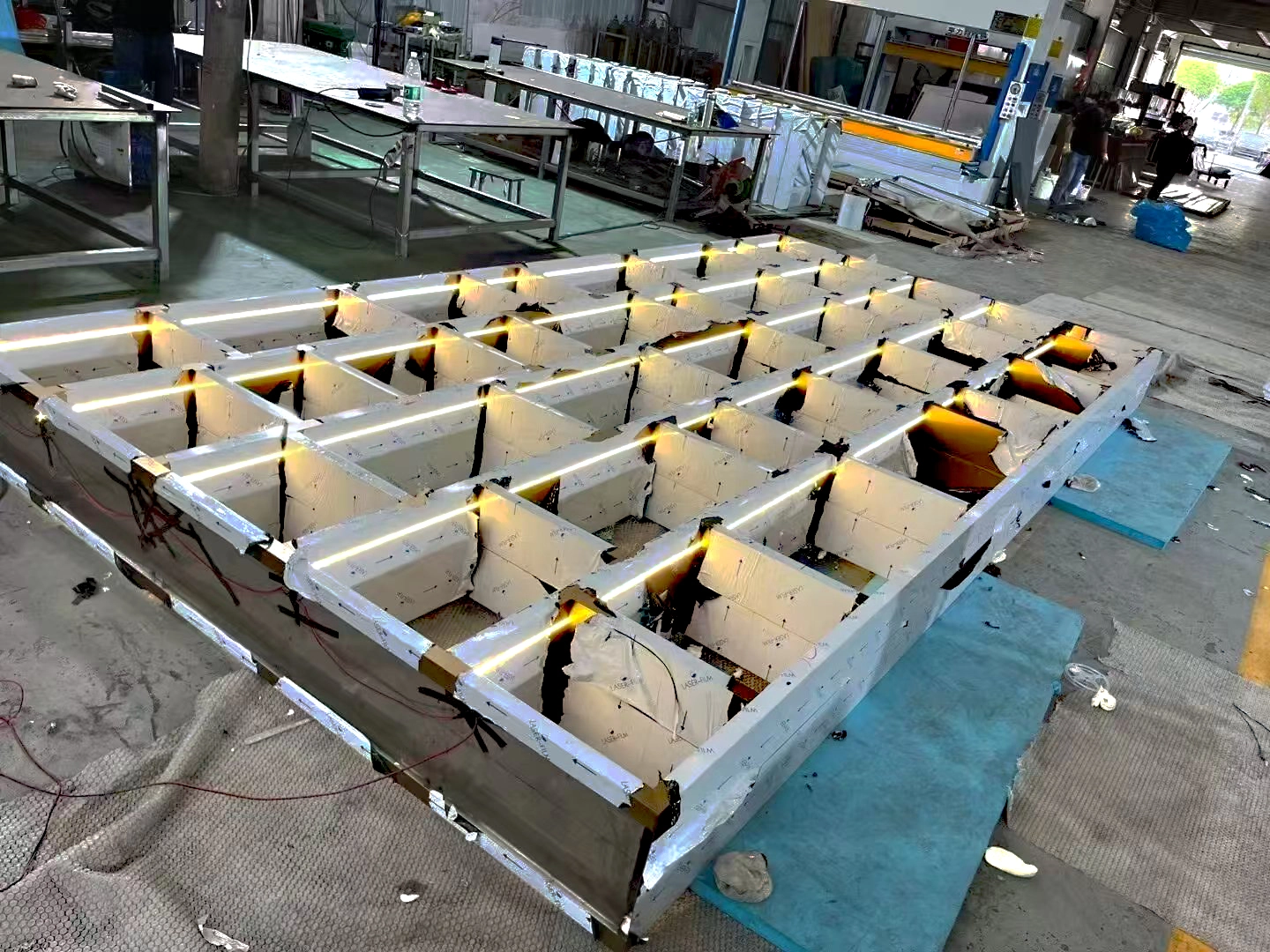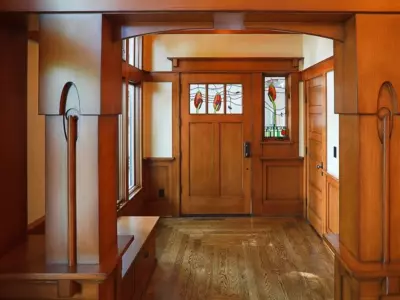
New Opportunities in the Aluminum Industry: The Future Development of Handrail and Escalator Markets
In recent years, as the construction industry has rapidly developed, the application of aluminum products has expanded, especially in the handrail and escalator sectors. Aluminum, with its lightweight, high-strength, and corrosion-resistant properties, has gradually become a popular material in the construction industry. Under the global trend of increasing emphasis on green and energy-efficient solutions, aluminum products hold great potential for development in the handrail and escalator markets. This article explores the application of aluminum products in this industry and its future development trends.
1. Advantages of Aluminum Products in Handrails and Escalators
Aluminum's unique properties have made it widely used in the construction industry, particularly in handrails and escalators. Here are some key advantages:
-
Lightweight and High Strength: Aluminum is lighter than steel, but strong enough to meet the structural needs of building materials, making it particularly suitable for handrails and escalators in high-rise buildings. Its lightweight nature reduces the burden of construction and lowers transportation and installation costs.
-
Corrosion Resistance: Aluminum naturally resists oxidation, ensuring a long lifespan in humid and corrosive environments. This is particularly important for outdoor handrails and escalators, ensuring consistent performance in various conditions.
-
Ease of Processing: Aluminum can be easily processed into various shapes, whether it’s modern, simple linear designs or traditional, complex curves. Additionally, it can be treated with electroplating, spraying, or other surface treatments, enhancing both aesthetics and durability.
-
Sustainability and Eco-friendliness: Aluminum has a high recycling rate and can be reused repeatedly, helping conserve resources and aligning with today’s global trends toward green buildings. Aluminum products also excel in reducing carbon emissions and enhancing energy efficiency, which contributes to their growing popularity.
With the global construction industry increasingly demanding lightweight and environmentally friendly materials, aluminum products are gradually replacing traditional materials and becoming a primary choice for handrails and escalators.
2. Market Demand and Trends for Aluminum Handrails and Escalators
According to market research reports, the global handrail and escalator market is growing rapidly, particularly in emerging markets. As urbanization progresses and populations grow, the demand for safety and aesthetics in buildings has become more stringent, and aluminum handrails and escalators have emerged as a preferred option due to their comprehensive advantages.
-
Urbanization Driving Demand: More high-rise buildings are being constructed, with commercial buildings, residential complexes, and public facilities driving the demand for handrails and escalators. Aluminum handrails, due to their flexible design, lightweight nature, and ease of installation, have become a preferred material for architects and construction companies.
-
Technological Innovation Enhancing Market Competitiveness: With technological advancements, aluminum product manufacturing technology is also constantly innovating. For instance, surface treatment processes for aluminum can improve oxidation resistance and corrosion resistance while enhancing decorative effects. High-end customized aluminum handrails can be designed in various colors, patterns, and textures based on customer requirements, enhancing the overall aesthetics of the building.
-
Environmental Policies and Promotion: Under the global push for energy-saving and environmentally friendly policies, the aluminum industry is being actively supported by government policies. Many countries and regions have introduced policies encouraging the use of green building materials, further elevating the status of aluminum handrails and escalators in the construction market.
3. Challenges Faced by the Aluminum Industry and Solutions
Despite the numerous advantages of aluminum products in the handrail and escalator industry, the sector also faces some challenges.
- Price Fluctuations: Aluminum prices are heavily influenced by international market fluctuations. Price instability, especially during global supply chain disruptions or geopolitical instability, can affect production costs and profit margins. To mitigate this, companies need to optimize production



